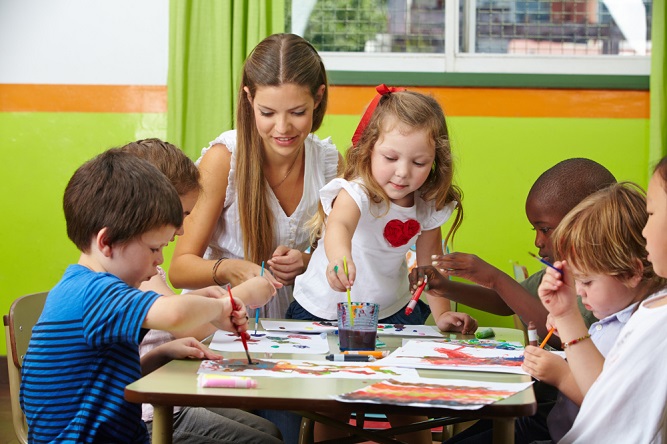
Montessori education is not just a method; it’s a journey toward lifelong learning. Rooted in self-directed activity, hands-on learning, and collaborative play, Montessori schools foster an environment where educational exploration sets the foundation for a lifetime of curiosity and growth. This approach, particularly exemplified by the Montessori school in New Rochelle, New York, transforms traditional learning dynamics, empowering students to take charge of their educational paths.
The key elements of Montessori education support a deep-seated love for learning. Here are a few ways these principles are brought to life:
- Individualized Learning Paces
Unlike traditional educational systems, Montessori methods recognize that each child learns at their own pace. and develop competencies comfortably, laying a strong foundation for future academic and personal success.
- Learning Through Discovery
Montessori classrooms are designed to encourage exploration and discovery. The environment is prepared with materials that stimulate learning, from simple to complex and concrete to abstract. This setup, common across early childhood centers in New York, nurtures an innate sense of discovery crucial to lifelong learning.
- Focus on Responsibility and Respect
Central to the Montessori philosophy is developing social skills, responsibility, and respect. Students are taught to care for their classroom environment and work cooperatively with peers, fostering respect for others and their surroundings—a practice vigorously upheld in Montessori in Westchester.
- Holistic Development
The Montessori method addresses all aspects of child development—cognitive, emotional, social, and physical. This holistic approach ensures that children grow into well-rounded, academically equipped, socially adept, and emotionally intelligent individuals.
Montessori provides a proven and effective framework for parents and educators seeking an education that equips children with the tools necessary for a lifetime of learning. Interested in exploring more about how Montessori can benefit your child? Visit Liberty Montessori School to learn more.











Leave a Reply